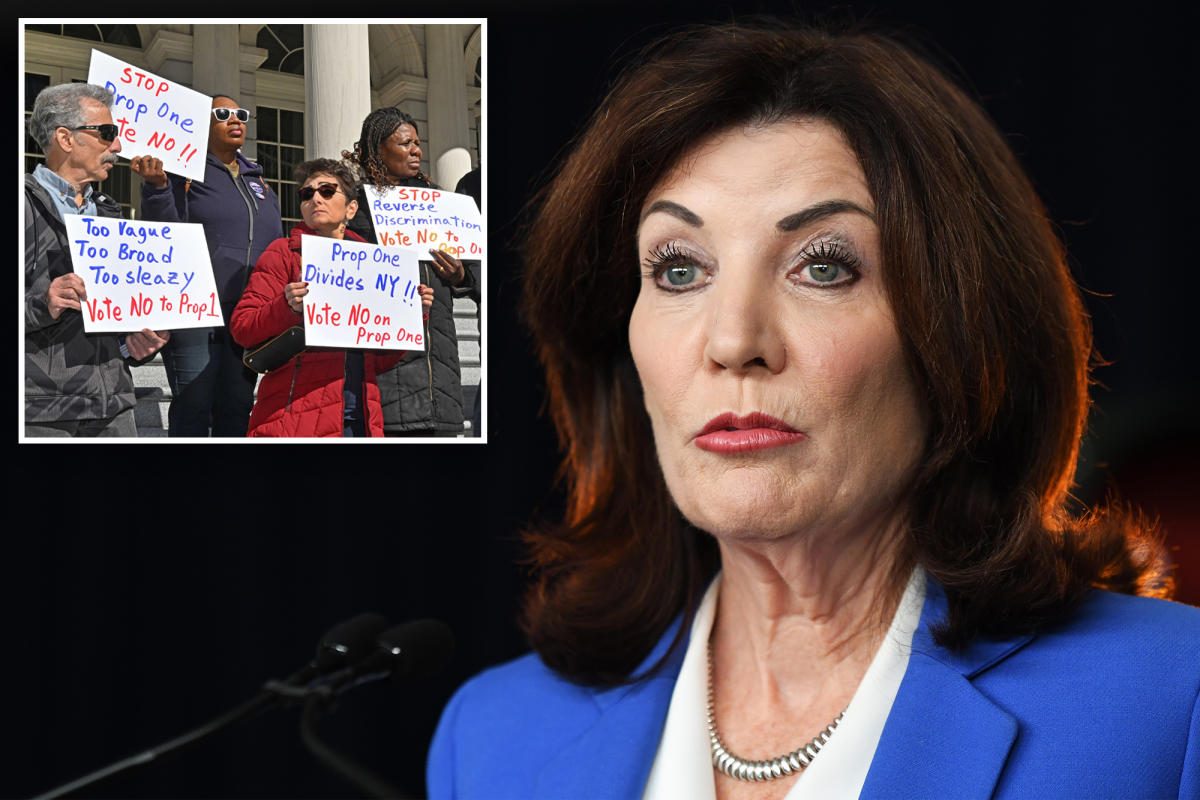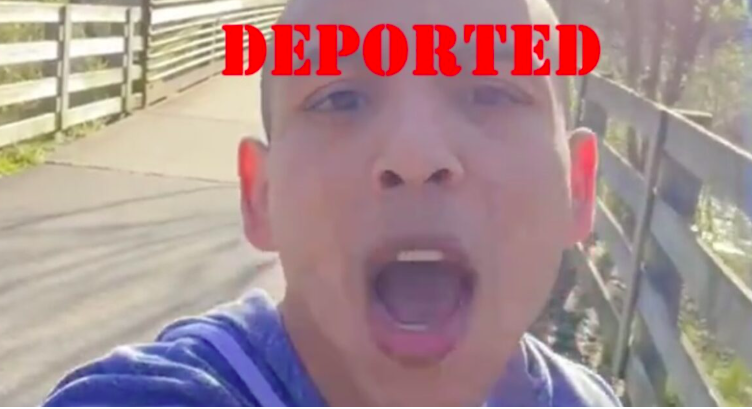New York Governor Kathy Hochul has taken an unexpected turn on the contentious issue of migrant deportations, stating that her administration will work with Immigration and Customs Enforcement (ICE) to deport criminal migrants. This reversal comes despite New York’s longstanding sanctuary policies that limit cooperation with federal immigration authorities.
Hochul’s shift highlights growing pressures on Democratic leaders nationwide, as the fallout from their open-border stances sparks criticism from both residents and political opponents. With New York’s resources strained under an overwhelming influx of migrants, Hochul’s latest comments suggest a recalibration of her administration’s priorities.
A Softening on Sanctuary Policies?
Hochul’s change in rhetoric has surprised many, given her administration’s support for New York’s sanctuary state policies, which largely shield illegal immigrants from deportation. In a recent interview, Hochul stated her intent to collaborate with ICE to ensure that “individuals who commit crimes” are deported. This marks a significant pivot for the governor, who has previously aligned with progressive immigration policies.
New York remains one of the nation’s most prominent sanctuary states, implementing laws that restrict local law enforcement from sharing information about illegal immigrants with federal authorities. Hochul’s recent comments, however, suggest growing acknowledgment that these policies may inadvertently shield individuals with criminal backgrounds.
“We need to focus on individuals who pose a public safety threat,” Hochul stated, emphasizing her desire to target only those migrants involved in criminal activity. While her remarks attempt to strike a balance, many critics argue that this selective approach may still fall short of addressing the broader immigration crisis engulfing New York.
Growing Public Pressure
The strain on New York’s social services has reached critical levels, with over 130,000 migrants arriving in the state since last year. Cities such as New York City have borne the brunt of this influx, with Mayor Eric Adams repeatedly calling for federal aid and policy changes.
Public sentiment toward the sanctuary state model has also soured as reports of rising crime involving migrants circulate. Hochul’s softened tone may reflect mounting dissatisfaction among constituents who feel abandoned by the state’s permissive policies.
Critics of Hochul, including members of her own party, question the practicality of her plan, citing the contradictions inherent in upholding sanctuary policies while collaborating with ICE. Conservatives, meanwhile, view her comments as too little, too late.
“Governor Hochul’s delayed acknowledgment of the crisis underscores a failure in leadership,” said one political analyst. “The state’s sanctuary laws have made it nearly impossible to enforce meaningful immigration control, even when dealing with criminals.”
Conservative Reaction
For conservatives, Hochul’s statements represent an implicit admission of the flaws in sanctuary state policies. Critics argue that this about-face is a response to political pressure rather than a genuine commitment to public safety.
The Post Millennial reported that ICE has long faced resistance from local governments in New York, with some jurisdictions outright refusing to honor detainer requests. Hochul’s promise to work with the agency may placate moderates, but skeptics remain unconvinced.
Hochul’s critics assert that her administration must take bolder steps to protect New York residents. “Acknowledging the need for deportations is a start,” a conservative commentator noted, “but Hochul must dismantle the sanctuary state framework that emboldens illegal activity.”
The National Context
Hochul’s pivot reflects a broader tension within the Democratic Party over immigration policy. Once a hallmark of progressive governance, sanctuary policies are increasingly viewed as liabilities in cities and states grappling with the real-world consequences of unchecked migration.
New York’s migrant crisis is emblematic of the challenges faced by other blue states that have declared themselves sanctuaries. With thousands of migrants arriving each week, resources are depleted, and public patience is wearing thin. Many observers view Hochul’s comments as an attempt to stave off further backlash as the 2024 election cycle intensifies.
Conclusion
Governor Kathy Hochul’s newfound willingness to cooperate with ICE on deporting criminal migrants signals a notable policy shift amidst escalating public pressure. However, her critics argue that New York’s sanctuary state laws remain a fundamental roadblock to effective immigration enforcement. Whether this rhetorical shift translates into tangible action remains to be seen, but the growing dissatisfaction among New York residents suggests that political leaders can no longer ignore the consequences of their open-border policies.
Hochul’s reversal is a telling sign of the challenges facing Democratic leaders as they navigate the realities of their immigration stances in a state overwhelmed by crisis. For conservatives, it’s a clear indication of the failure of sanctuary state policies and the need for a stronger commitment to enforcing the rule of law.






